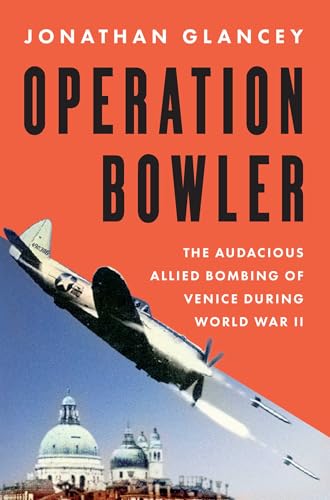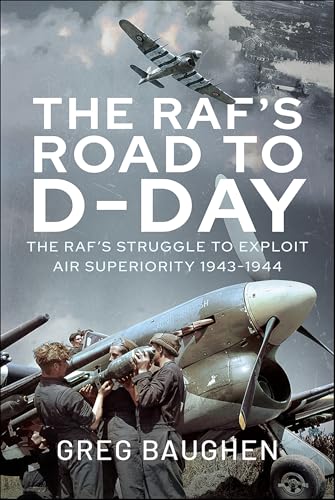
"Bomber" Harris and the Strategic Bombing Offensive, 1939-1945
by Charles Messenger
Popularity
0 / 5
* A book's popularity is determined by how it compares to all other books on this website.
Where to buy?
Buy from Amazon* If you buy this book through the link above, we may receive a small commission at no extra cost to you.
"Bomber" Harris and the Strategic Bombing Offensive, 1939-1945 by Charles Messenger
Details
War:
World War II
Perspective:
Bombers
Military Unit:
Royal Air Force
True Story:
Yes
Biography:
No
Region:
Europe
Page Count:
244
Published Date:
1984
ISBN13:
9780312087609
Description
Brief Summary
"Bomber" Harris and the Strategic Bombing Offensive, 1939-1945 by Charles Messenger offers a detailed examination of the life and career of Sir Arthur "Bomber" Harris, with particular emphasis on his controversial role in directing the Allied bombing campaigns during World War II. The book explores the intricacies of the strategic bombing offensive and the impact it had on the outcome of the war, providing readers with an insightful look into military strategies and leadership challenges faced during this pivotal period.
Main Themes and Topics
The book delves deep into the ethical and strategic dilemmas of the bombing offensive, questioning the decisions made by Harris and other military leaders regarding civilian casualties and the destruction of urban areas in Germany. Another major theme is leadership in wartime, as it portrays Harris's complex personality, his unyielding dedication to his role, and his interactions with both subordinates and superiors. Furthermore, Charles Messenger examines the technological evolution of aerial warfare and the logistical challenges faced by the Allied forces.
Writing Style and Tone
Charles Messenger employs a comprehensive and analytical writing style, meticulously piecing together historical events with a balanced narrative that neither unduly glorifies nor condemns Harris's actions. The tone is objective and scholarly, making use of extensive research and firsthand accounts to provide a vivid portrayal of wartime dynamics. The book is both informative and engaging, successfully inviting readers to explore the complex moral and strategic aspects of the bombing campaigns.
Criticism
Some readers may find the book's dense historical detail overwhelming, especially if they approach it with limited prior knowledge of World War II strategies. The focus on military tactics and leadership decisions could overshadow broader historical context, leaving readers seeking a more holistic wartime narrative slightly underwhelmed. Additionally, certain critics have noted that while the book seeks to present an unbiased view, some of its narrative may still reflect a traditional military perspective, which could lead to debates among scholars and historians regarding the interpretation of Harris's legacy.









